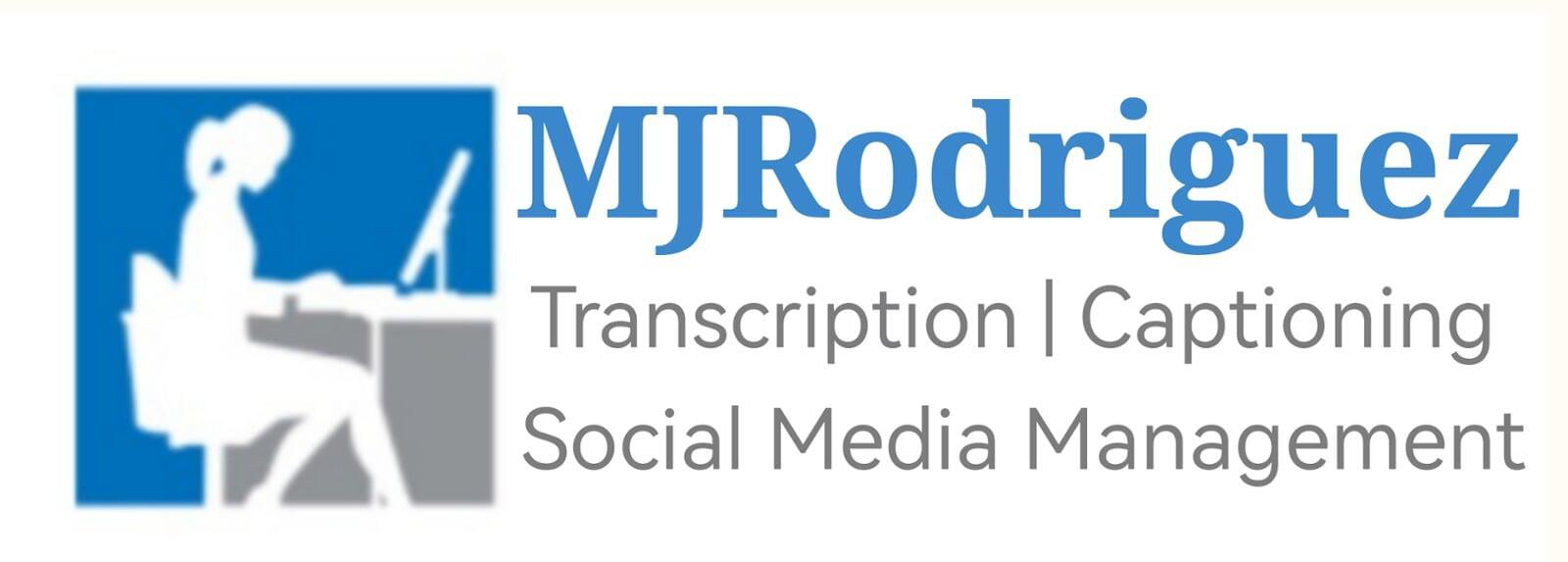The Pitfalls of AI in Transcription and Captioning: A Critical Perspective
The growing prevalence of artificial intelligence (AI) in transcription and captioning services promises revolutionary advancements, from faster turnaround times to lower costs. Yet, beneath this appealing prospect lies a web of challenges, particularly when companies rely on AI—even in hybrid workflows—instead of fully human-generated transcripts. At its core, the issue stems from the fact that AI remains in its “learning stage,” which often results in inaccuracies and inefficiencies. This premature adoption of AI can negatively impact the quality of service, erode trust, and raise ethical concerns that outweigh the perceived benefits.
Accuracy: The Achilles’ Heel of AI
Transcription and captioning are professions that demand precision, particularly in contexts such as legal proceedings, medical records, and media production. AI transcription systems, while improving, struggle to accurately process nuances such as dialects, accents, technical jargon, and cultural references. These gaps often result in significant errors that require extensive human intervention to correct, undermining the promised cost and time savings of hybrid models.
For instance, an AI-generated transcript may confuse “bare” and “bear” or entirely misinterpret context-specific phrases, leading to costly misunderstandings in professional or legal settings. In contrast, skilled human transcribers bring critical thinking and contextual understanding that AI, in its current state, cannot replicate.
Quality Suffers in the Rush for Efficiency
The hybrid approach of pairing AI-generated drafts with human editors might sound like a balanced solution, but it often compromises quality. Human editors, no matter how skilled, are limited by time constraints and fatigue, especially when correcting AI’s persistent errors. The result is a transcript or caption that may be “good enough” but rarely achieves the polished precision of fully human-generated work.
This compromise can be particularly damaging in industries like entertainment, where captions must synchronize perfectly with speech and reflect tone and emotion to enhance accessibility. A single poorly captioned moment can alienate viewers, especially those reliant on captions for comprehension.
Erosion of Client Trust
When companies prioritize AI over human expertise, they risk eroding client trust. Clients who invest in transcription and captioning services often expect a high degree of accuracy and reliability. Discovering that their deliverables are riddled with errors—or that their data was processed by imperfect algorithms—can lead to dissatisfaction and damage a company’s reputation.
Moreover, hybrid AI workflows often lack transparency. Clients may not realize that the service they are paying for is largely automated, leading to unmet expectations and further eroding confidence in the industry as a whole.
Ethical Concerns and Data Privacy Risks
AI’s reliance on massive datasets for training raises serious ethical and privacy concerns. Sensitive information from confidential meetings, legal proceedings, or medical consultations could be inadvertently exposed or misused. While human transcribers are bound by professional ethics and confidentiality agreements, AI systems are only as secure as their developers make them—a risk no business can afford to overlook.
Undermining Skilled Professionals
The rise of AI in transcription has also sparked a concerning trend: the devaluation of human expertise. Companies adopting AI-centric workflows often reduce budgets for human transcriptionists, resulting in lower wages and fewer opportunities for skilled professionals. This erosion of the human element not only threatens livelihoods but also diminishes the overall quality of service provided by the industry.
The expertise of human transcribers extends far beyond typing what they hear. They interpret context, ensure grammatical accuracy, and preserve the speaker’s intent—qualities no algorithm can replicate at this stage of AI development.
AI Is Not Ready for Prime Time
Proponents of AI argue that its learning stage is merely a stepping stone to greater efficiency and accuracy. However, entrusting critical tasks to an unfinished technology is a gamble that most industries cannot afford to take. Mistakes in legal transcripts can lead to miscarriages of justice, errors in medical records can endanger lives, and inaccuracies in captions can alienate entire audiences.
Conclusion: A Call for Human-Centric Approaches
As AI continues to evolve, it undoubtedly holds potential as a valuable tool in transcription and captioning. However, its current limitations underscore the need for caution. Companies should resist the temptation to embrace AI at the expense of quality, accuracy, and human expertise.
Transcription and captioning are more than just services—they are vital communication tools that demand the precision, adaptability, and ethical standards only humans can provide. Until AI reaches a stage where it can reliably match or surpass human capabilities, the industry must prioritize 100% human-generated transcripts to uphold the standards clients deserve and ensure the integrity of the services offered.
The future of transcription may well involve AI, but for now, its learning stage is no substitute for human mastery.




